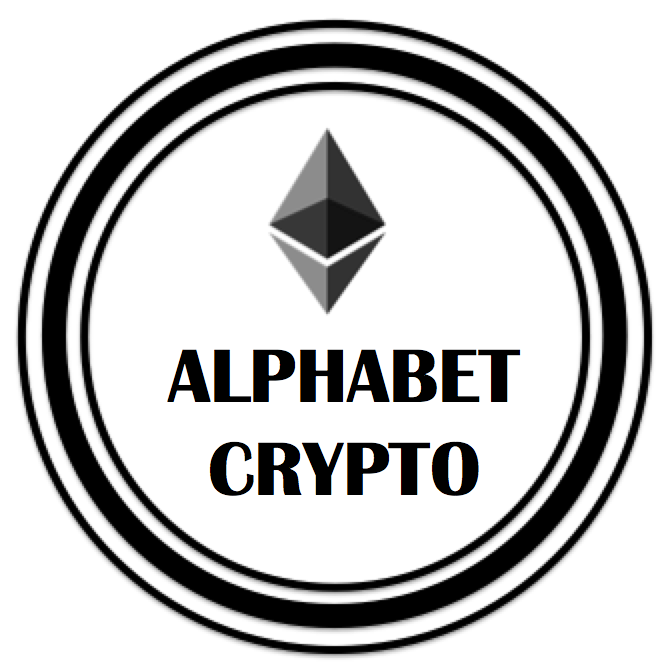So as I outlined in this previous post , I have started to do a lot more research and small investments into ICO’s. This has helped me learn a lot about the process that one needs to go to qualify for participating in an ICO, and the deadlines that are often associated with participating.
HOW TO PARTICIPATE IN AN ICO
In the old days of an ICO (and when I say old I am harkening back to a long 6-9 months ago, an Eon in crypto-time), to participate in an ICO you just needed to go to a website at a specific time and pay for some tokens or coins with BTC or ETH. Things still sold out fast, but that was before there was an onslaught of new speculators in the market or when governments were starting to regulate more aggressively. The new ICO process has matured very rapidly, and there are now a lot of steps.
- Deadlines: There are a lot of deadlines associated with participating in an ICO, and signficant marketing spend on driving hype and awareness before these deadlines.
- Whitelist Process. This is a newer process where people submit their information to be on a list to be able to participate in the ICO. The Whitelist dates are often hyped tremendously and the whitelists can close within minutes on a hotly anticipated ICO. Remember, this is just getting you on a list so that MAYBE you can buy into the ICO. You can find a handy list of WhiteList deadlines on ICOdrops.com.
- KYC. Not all ICO’s have KYC, but most do now. KYC stands for “Know Your Customer” – basically it is submitting your identification. Most just involve stating your real name, nationality and submitting a copy of your driver’s license or Passport and then a selfie of you holding that ID. Companies issuing ICO’s have done this for a variety of reasons; 1) its the right thing to do in order to avoid a criminal element participating and profiting off your ICO; 2) it protects them from allowing participants from countries that are in the process of regulating cryptotrading or ICO’s (the US, South Korea, Canada and China being the main countries most often excluded from ICO’s). Technically, ICO’s can allow people from those countries to participate (as I am sure many large institutional investors are – see below), but they chose to avoid the aggravation so most exclude them full stop.
- Presale Process. If you are on the whitelist, the pre-sale process is for institutional investors or people with deep pockets. They typically get pre-access to participate in an ICO, and often don’t have the same territorial restrictions as other ICO participants, mainly because they are viewed as “accredited” investors or known commodities that ICO organizers can trust on a one off basis. Usually you can’t get into the PreSale process without spending at least $25K, and there are a lot of syndicates of investors that participate. The cool part of the PreSale process is there is almost always a discount in coins (translatable to price), and often this discount is negotiable.
- Public Crowdsale. If you have been whitelisted, you can now participate in the Public Crowdsale. Again, the deadline usually comes with extreme fanfare and hype – all ICO’s want to sell out of their tokens as quickly as possible. This equates to me of the same type of hysteria associated with an oversubscribed Series A with a bunch of VC’s trying to get into a deal. But substitute this with 100,000 much less educated people, technology platforms that can’t handle traffic or customer service, and most ICO’s these days have become a total shitshow. Read this post on some recent debacles.
Another observation is that the most hotly anticipated companies have often sold out all their token allotment for the ICO in the pre-sales process. This means that they have enough pre-interest from big investors that the entire raise (be it 30M or 70M) has been handled even before the public crowdsale starts. So they end up cancelling the public crowdsale, much to the chagrin of smaller independent investors who have often spent considerable time aggregating their personal information for the whitelist or marketing the company.
But on the other side, I understand why companies do it – running a successful public ICO is nearly impossible these days – the Telegram groups usually number between 10-50K members, from around the world and requiring enormous customer service time. Often this is the CEO’s of the companies in the Telegram groups answering the same questions over and over again, and then you have 100k+ simultaneous people desperately trying to get into an ICO when it opens at the same minute. Many ICO’s have had technology scaling issues, these little 5 person startups are just unprepared for the demand. I can see wanting to avoid this process altogether, but it does somewhat go against the ethos that even the little man can get rich investing in crypto.
If you miss out on a public sale sometimes you can get Airdropped tokens or coins, which is a nice surprise. Here is a link to a post explaining what this is.

One Reply to “Whitelists and KYC – What Are They?”
Comments are closed.